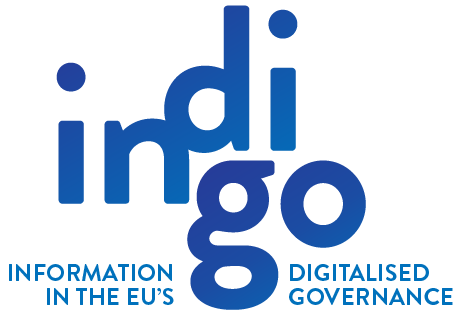
INDIGO brings together legal experts on EU law and policy with leading experts in IT and artificial intelligence (AI) to work on a coherent legal framework for the specific needs of the digitalised implementation of EU public policies.
The project will tackle systemic, non-policy sector-specific issues from the ongoing information technology revolution with experts having intimate understanding of the conditions of implementation of EU policies in a highly integrated multi-level, multi-jurisdictional and multi-lingual system.
The INDIGO project will undertake the work so outlined with ten work packages (WP) under the single or joint responsibility of the project partners.
